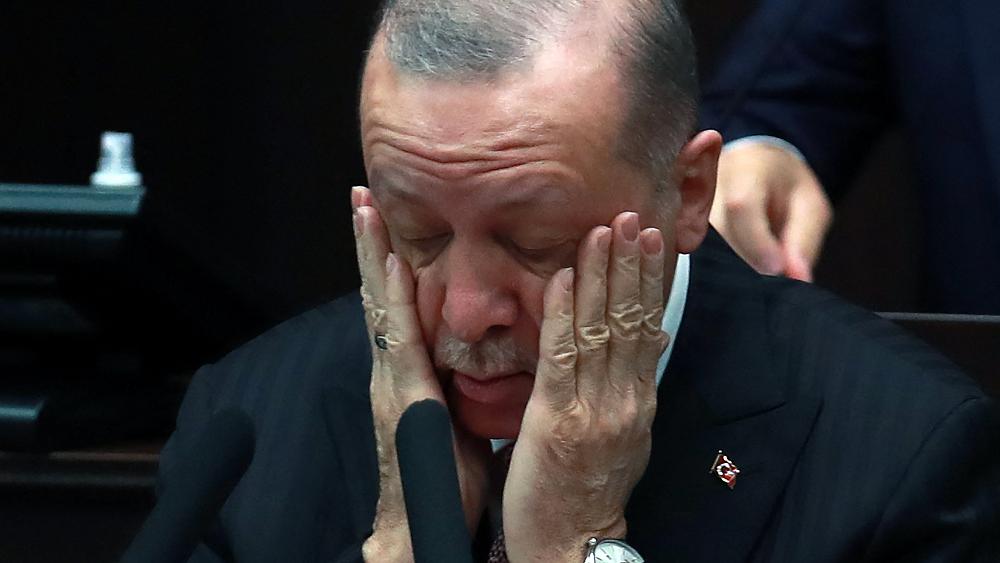President Erdoan may face some unpleasant moments this week when the European Parliament debates the human rights situation in Turkey on Tuesday.
MEPs are likely to take a tougher stance on Turkey than the Council and the Commission, which have recently expressed their willingness to re-engage with Ankara, provided Turkey makes progress on human rights.
But this can be wishful thinking. The 2020 reports on the issue from the US State Department and Human Rights Watch paint a devastating picture, pointing to the dramatic erosion of the rule of law and the democratic framework in Turkey.
Separation of powers? Certainly not, as this former European ambassador to Turkey says.
Mark Perini, Carnegie Europe: “As we have seen in many cases, what matters is the opinion of the President. Consequently, the plaintiffs not only apply what the President has said with an interval of a few days, but then they also become their promoters. (…) Any can. Someone to go to prison for anything. “
Human Rights Watch said that executive control of the judiciary in Turkey has led courts to systematically accept false allegations and detain and convict individuals without convincing evidence.
Not surprisingly, these are the individuals that the Erdogan government considers enemies.
They include journalists, opposition politicians, activists and human rights defenders.
“Many of them disappeared in prisons, and there were some checks and balances that were actually loosened after the state of emergency was lifted. There have been reports of ill-treatment and torture in prisons. (…) It is a serious concern in Turkey,” says Paul Levine of Stockholm University. “.
Despite this poor record, the chairpersons of the Commission and the Council of the European Union recently visited Erdogan in Ankara, thereby turning a blind eye to the democratic setback, critics suggest.
But Brussels defends the trip, saying that the human rights situation was contested with Erdogan and that the delegation made clear that human rights are not negotiable.
“When European leaders repeat that they are very concerned about developments in Turkey, this unfortunately does not carry the same weight as it did in the past, no doubt,” continues Paul Levine, Stockholm University.
Nevertheless, Brussels continues to exert an enormous influence over Turkey, as the European Union is Ankara’s main trading partner.
Therefore, it is in Erdogan’s interest to avoid EU economic sanctions or even pressure for domestic and electoral reasons.
Mark Perini of Carnegie Europe confirms: “The weak point on the Turkish side is the economy. The economy is on its way to ruin. Erdogan’s success has been to allow lower-middle-class voters to improve their standard of living. This is no longer the case.”
Trade with Europe versus democratic reforms?
However, the answer may come sooner rather than after the next Turkish general elections scheduled for 2023.

Communicator. Reader. Hipster-friendly introvert. General zombie specialist. Tv trailblazer

